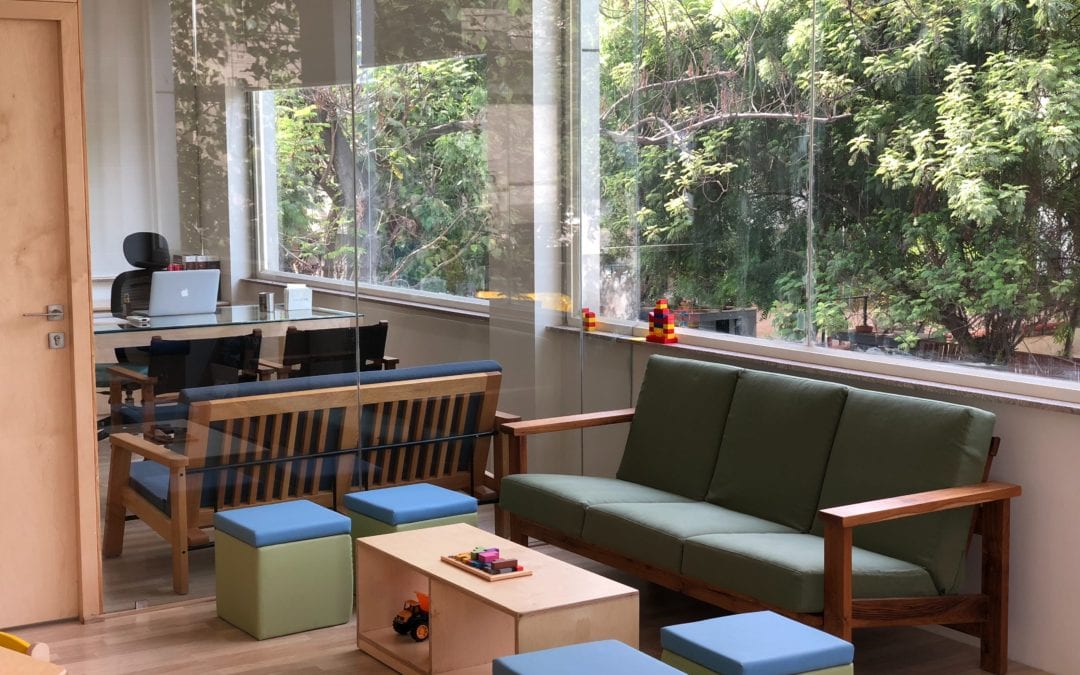In an age of physician burnout, greyed healthcare lines, and increasing rising costs of medical school debt, why would anyone choose to pursue medicine?
The autonomy. The patient care. The satisfaction of knowing you’re an expert in your field.
Unfortunately, we are seeing a trend in healthcare where less and less young physicians are hanging their shingle up and opening their doors. They’re intimidated by the administrative burdens and negotiating with third parties. However, by giving up our administrative headaches, we are seemingly feeling like a cog in the system-dictated how much time we can spend with patients and how to constantly bill or see more and more patients.
Enter DPC medicine or direct primary care. In today’s broken healthcare system, Direct Primary Care (DPC) is a fairly new practice model that breathes a fresh air of life into medicine. It reflects the way medicine used to be practiced, removing the middleman and restoring a trusting, therapeutic patient physician relationship. One of the important benefits of the DPC model is that it allows us to provide comprehensive pediatric care with a full range of personalized services through a monthly membership, putting the patient first.

DPC practices offer a full range of primary care services for a monthly or annual retainer fee, paid directly to the practice. Instead of involving insurance companies for preventive and routine physician visits, a DPC practice bills patients directly via monthly membership fee, and in return, the patients become “members” of the office and enjoy enhanced access to their doctor and to medical care. So rather than quantity of patients, we are focusing on quality of care.
By cutting out the very expensive middleman of insurance, the doctor can provide longer visit times, same or next day appointments, phone/video visits if practical and the patient has direct access to their doctor via phone, text, and email. DPC clinics limit the number of members in order to ensure that the physician has sufficient availability for members of the practice.
Although direct primary care models do not utilize insurance for the majority of services, families still can use their insurance plan for extensive laboratory testing, hospitalization, vaccination, or imaging. Most direct primary care practices also include unlimited texting, email, video calls, and telephone calls to allow for medical direction and care remotely.
As founder of NJ’s first pediatric DPC practice, I have had the benefit of creating my practice to be whatever I’d like it to feature. In addition to general pediatrics, I also focus on lactation medicine, pediatric nutrition, and pediatric mental health. I interview all my prospective patients and encourage them to do the same with the pediatrician they consider. The physician patient relationship is a trusting bond and I’d like my patients to understand that I consider their time as valuable as mine. I still work 8-10 hours in a day, but they’re broken up. Some days are more clinically heavy. Other days are more focused on didactics and marketing. Each day is different, but I get to practice medicine on my terms and benefit my patients by spending more time, providing personalized care, and creating a medical home.
Amna Husain, MD is a practicing pediatrician in Marlboro, NJ. She is owner of NJ’s first direct primary care pediatric practice. Her website is www.puredirectpediatrics.com, and she can be followed on Instagram @dr.amnahusain and Facebook @puredirectpediatrics.




